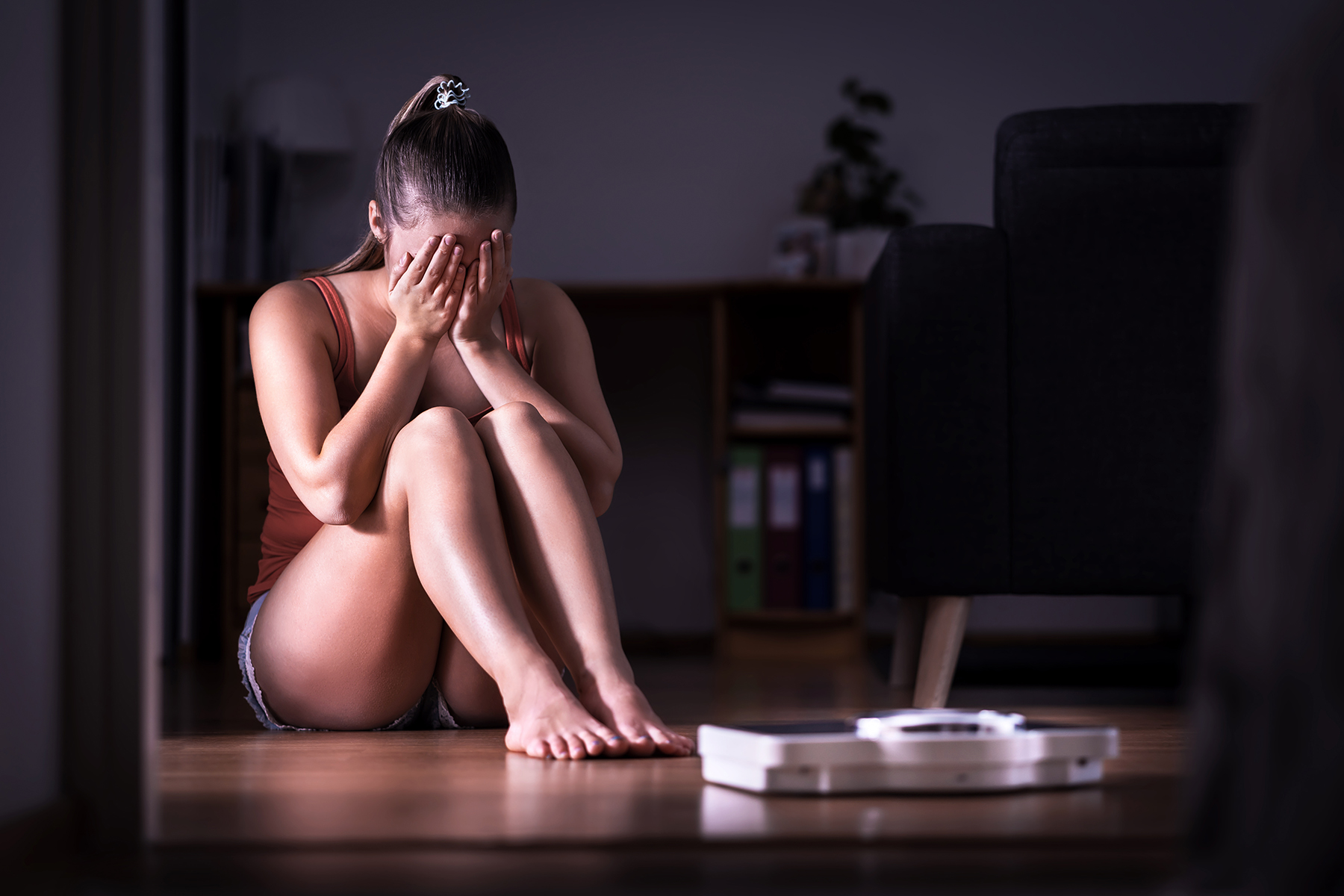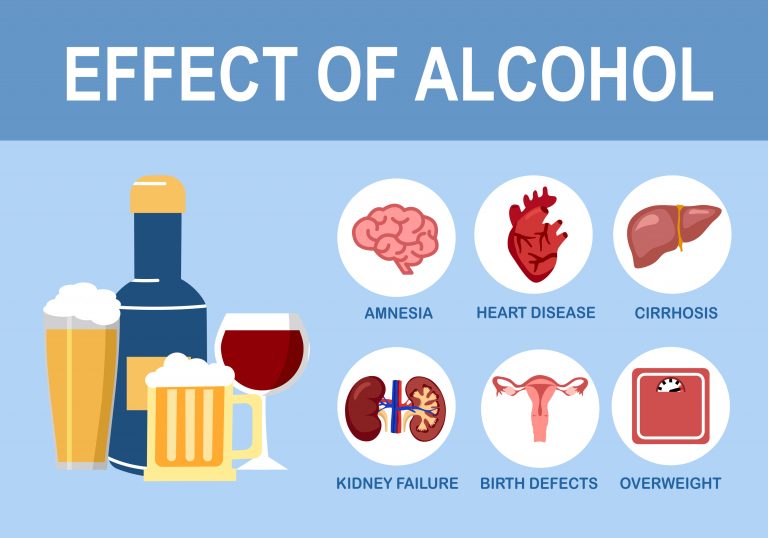There’s a reason that the phrase “We are what we eat” is so well known. How and what we eat and our relationship with food is crucial to our mental and physical health and wellbeing. However, in a culture with so much focus on thin being beautiful and diet and fitness fads being rife, many feel the pressure to eat less, be thinner and can lose perspective about food.
But does that mean that the serial dieters and fitness fanatics that we see on social media and meet every day have eating disorders? Not necessarily! It may be that they suffer from disordered eating, but not an eating disorder. These differences can be subtle, and sadly one can lead to another, so we wanted to talk about this important issue and help you to identify the warning signs for yourself, or your loved one.
What is disordered eating?
Disordered eating is very common and includes binging when bored, stressed or sad, or highly restricting food groups, with the aim to reach a certain weight. Sadly, many women live like this most of their adult lives, spurred on by people on our screens and on our social media channels. They often don’t have a great body image and may always be on a diet, but they can live with this and it doesn’t escalate to a dangerously low BMI, or a serious eating disorder.
However, other people can get obsessed with controlling their food intake, their exercise and their weight and this disordered eating becomes serious and crosses the line into anorexia, bulimia or a binge eating disorder. These eating disorders are very complex and highly dangerous and require swift and ongoing support to overcome.
Is disordered eating on the rise?
We were very interested to read the article by senior psychologist Dr Omara Naseem on the website patient.info. In the article, Dr Naseem raises the point that disordered eating is getting more common and normalised. She says, “I believe a rise in fitness and clean eating trends has led to a normalisation of disordered behaviours. This has undoubtedly skewed how people view healthy eating and body image ideals. It’s important people know that ‘health’ looks different for everyone.”
Our co-founder and eating disorder practitioner Ali Silver agrees, “Our society is too focused on being thin and exercising to be able to look good. Vulnerable people struggle to understand that being as thin as the people we see on the TV and social media is not normal and very often not healthy. This can cause self-confidence to suffer, our body image to become negative and confused and sadly this can escalate. It’s all too easy to use food and exercise as a way to control our lives and deal with difficult emotions and move from disordered eating actions such as dieting, fasting and doing detoxes to an eating disorder. Unfortunately, I know first-hand how difficult it can be to recover when it gets that bad.”
How to spot an eating disorder?
Disordered eating and eating disorders share a lot of characteristics, and both should be a cause for concern and reflection. Talking to your loved ones, especially during their teenage years about body image, trying to keep the channels of communication about weight and food open and learning about nutrition can be highly beneficial to keeping things under control and making sure you can seek professional help if things escalate.
Warning signs to look out for include –
- A fear of gaining weight and a distorted body image alongside relentless dieting and exercise causing weight-loss can indicate anorexia nervosa
- Binge eating and trips to the bathroom after meals, alongside excessive exercising and complaining about being fat can indicate an issue with bulimia, even if they are a normal weight
- Binge eating, hoarding or hiding food and constantly dieting but rarely losing weight can be a sign of a binge eating disorder
There’s a helpful article on WebMD about the signs of an eating disorder which can help you identify more things to look out for. Make an appointment with your GP if you have any concerns about a loved one to allow them to get the help they need.
Nutrition and eating disorder support at The Bridge
The Bridge is a private rehabilitation centre in Marbella Spain, which helps people through addiction to drugs, alcohol and gambling, as well as food and body image issues. Our co-founder Ali Silver, struggled with a short lived but severe eating disorder. She recovered through being educated about food and nutrition, as well as therapy and group meetings. She became a nutritional therapist and qualified as an eating disorder practitioner. She has made it her mission to open up the conversations about eating disorders and body image and help clients at The Bridge and beyond to improve their relationship with food.
A team of qualified therapists work with clients to deal with any traumas or issues which are behind the eating disorder. Ali also offers nutrition and body image coaching. The aim is to achieve a healthy relationship with food and exercise and live free of food and body image issues.
Ali is passionate about the power of nutritional rehabilitation during recovery from addiction. She’s seen for herself how addressing the nutritional deficiencies clients are suffering from will support their recovery and improve their mental health, making them feel happier and therefore less likely to relapse. Find out more about how we work at The Bridge on our website, or contact us about luxury addiction treatment if you’re dealing with addiction or issues with food and body image.




